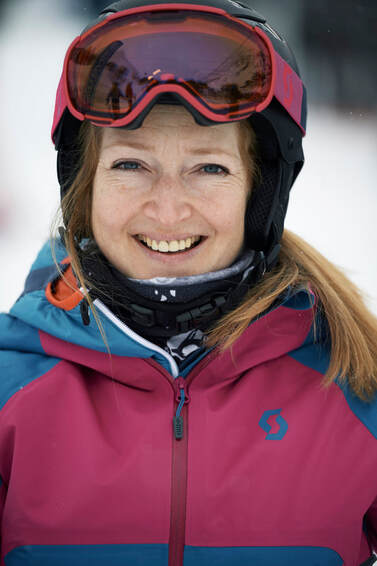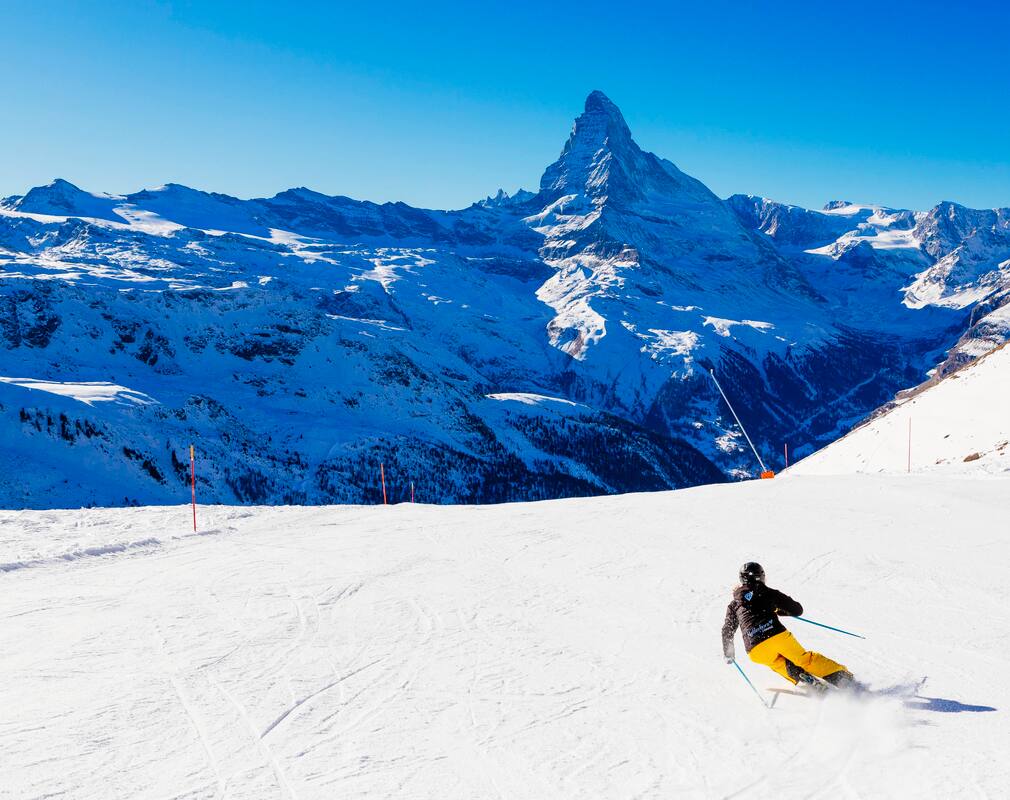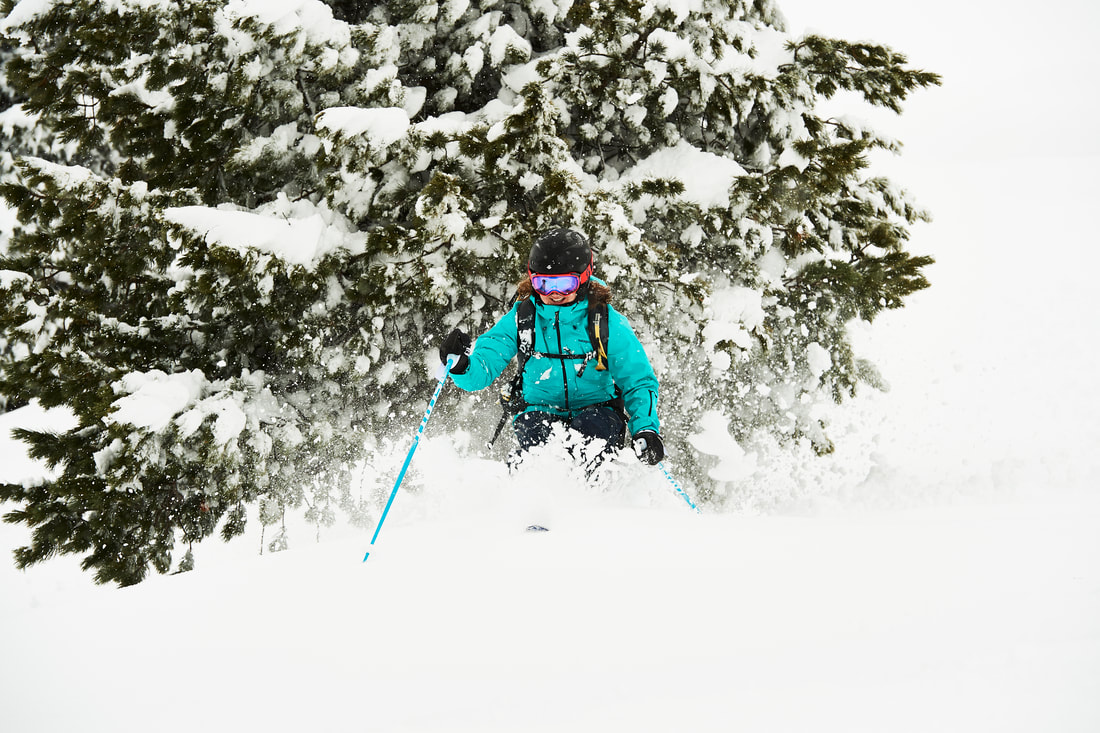episode 17: ROWENA PHILLIPS, SKI INSTRUCTOR
|
23 Feb 2023
|
I sat down with Rowena Phillips to talk about her experience in the ski industry working as an instructor and cofounding Matterhorn Diamonds ski & snowboard school in the ski town of Zermatt, Switzerland. She shares with us how she took what was once her holiday hobby and turned it into her livelihood. The passion that took Rowena to the Swiss Alps some 20 years ago is clearly still a huge part of her day-to-day. However, she does speaks about managing expectations when "living your dream"; addresses the challenges of making a sustainable living in a seasonal job; and shares the less sexy side of ski town living. She also shared some down-to-earth, or what she calls "uncool", advice for anyone looking to make a career out of ski teaching.
|
|
Photo credits go to Ross Woodhall and Patricio Salerno
|
|


